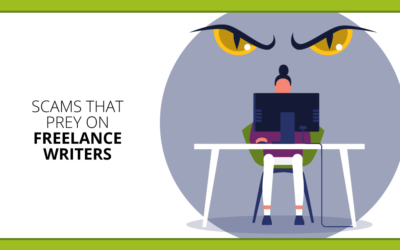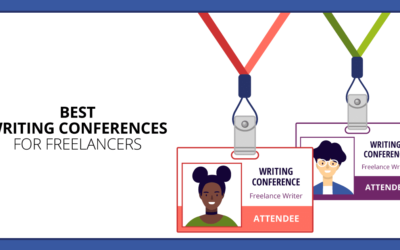
But with all the information bouncing around on the Internet, it can be difficult for freelance article writers to know where to find facts from reliable sources. The key to avoiding timewasting browsing is to know what you’re looking for, and what sorts of sources you can trust.
Here are research tips for four major resources that provide the solid facts and figures you need to create great articles:
1. Governments
Federal governments often have a wealth of data online. For U.S. healthcare data, for example, government agencies such as the Centers for Disease Control and the National Institutes of Health offer tons of verified survey data based on large study samples. Study size is one of the important factors that lend a survey credibility.
The sheer volume of facts and figures compiled by the government can be overwhelming, though. For a shortcut to the info you need, check out USA.gov to search for information by topic and/or government agency. Or try Data.gov to search on topics from agriculture to public safety.
There’s also Government Information Online (GIO). GIO lets you email a librarian questions about information collected by government agencies at all levels. Nice! GIO is a free resource – but librarians may take up to 48 hours to respond.
If you need information specific to a particular region or market, take a look at state, county, province, or city government data sources. Find and browse the directory of state or local agencies to get started. If need be, reach out to the media contact at the agency that best fits the bill, and let them know what you’re looking for – they can help direct you.
2. Major national organizations
Whatever the topic you’re writing about, chances are there’s a large, longstanding national organization or publication devoted to it. There are three reliable types of sources here:
- Nonprofit groups like the American Cancer Society, or the Ewing Marion Kauffman Foundation, which studies entrepreneurship
- Industry associations such as the American Institute of Certified Professional Accountants
- Special interest organizations like the National Quilting Association
Check out the organization’s press releases to see what’s new. Some groups also post general information or fast facts about their industry or cause that may be helpful. If you don’t see what you need on the website, most larger organizations have a public relations or communications person to contact.
3. Look to the trades
Trade publications that cover a specific industry or interest, such as Nation’s Restaurant News, are a great place to research and discover who issues industry surveys that are considered reliable. Sometimes, the trade pubs themselves conduct industry research or issue rankings of top companies – and they’re a good, impartial information source.
4. Name-brand studies and surveys
Citing a study or survey’s findings is a great way to support your point of view. Well-known research organizations include the Pew Research Center, which focuses on areas including politics, social trends, religion, and technology, and Gallup, a public opinion research firm.
Many industries will have specialized market-research firms that concentrate on their sector and can be highly useful for finding detailed information. Examples include Technomic, which conducts restaurant-industry surveys, and FranData, which compiles data on franchising. Be wary of small or startup organizations claiming to be authoritative survey sources.
Trace it to the source
If you see a study cited in another article, be sure to locate your own copy of the original study, poll or survey. Magazines and websites don’t like it when you cite a secondary source that may well be one of their competitors, instead of finding the original data.
- Bad: “MSNBC reports that a Scripps Institute study found…”
- Good: “A study of 2,000 cancer patients conducted by the Scripps Institute found…”
By finding the original research, you won’t rely on another writer’s work – and you may spot additional information you can use.
You may also find out that study has been updated since the piece you read, or superseded by a more recent one. You could also discover that the site or magazine where you originally found this fact has misquoted the original study! Recheck the figures to make sure you don’t repeat any errors.
Sources to watch out for
A word about that popular online encyclopedia written by volunteers: Wikipedia should never be used as a source, because it’s compiled by anonymous writers whose work may be inaccurate, plagiarized, or altered by other users.
That said, Wikipedia’s entries can provide a general understanding of the topic. More authoritative sources can often be mined from the footnotes and external links used to assemble a Wikipedia page.
Finally, be on the lookout for self-interested, small studies conducted by companies. These are increasingly popular, thinly disguised promotions you should avoid. A chocolate company’s survey of 100 customers that concludes eating chocolate more often makes you feel happier doesn’t impress anyone. Don’t build your story around studies like these.
Samantha Drake is a freelance writer in the Philadelphia area who specializes in entrepreneurship and general interest topics.










